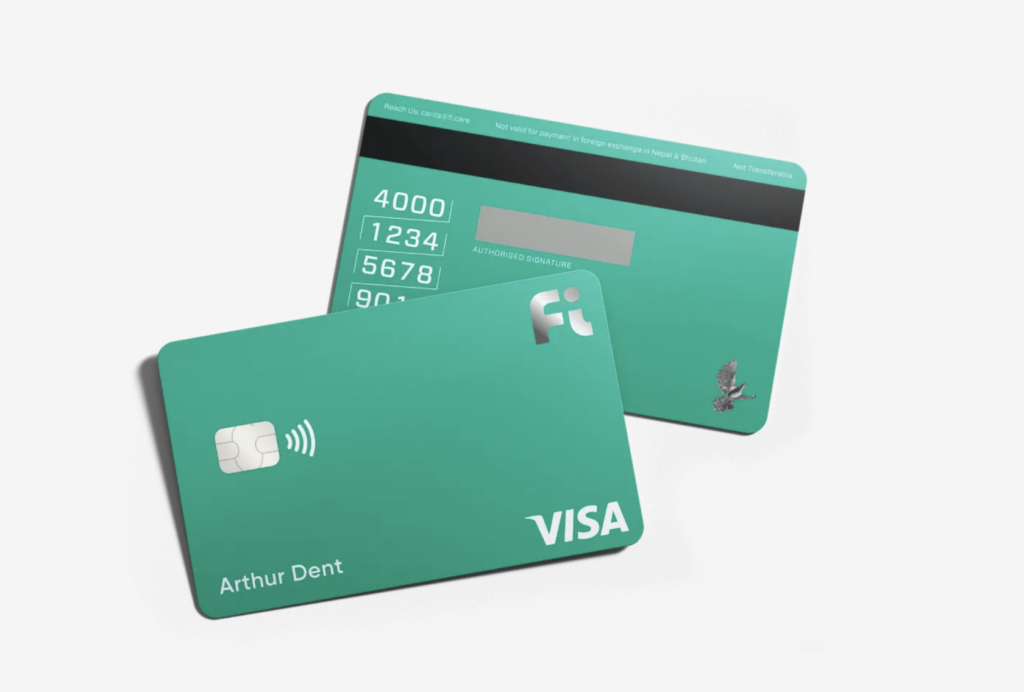Poverty is not just a fact or a condition. Instead, it’s a collection of a lack of financial assets, access to property, and a lack of voice in the community. Poverty affects women the most, as always. Around the globe, women earn 63% less as compared to men, yet spend thrice the time as compared to the working majority on unpaid labor, such as housework. However, the Impact of poverty on women is different from that on men as it results In depriving women of fundamental opportunities in their entire life.

Irrespective of this fact, we know that women hold the power to make, save, spend, and control their money as they make profits, not only for themselves but for the entire community. One of the ways in which women can unleash their power is to control the economy. Only 4 out of 10 women hold financial accounts and run a banking app of any kind. Billions of women lack access to formal financial services. Hence we need solutions to work on a large scale.
When a woman holds a personal account, she can store, make payment and track her own income and also acquire more urgency in her life. Women’s financial stability is one of the crucial levers to advance gender equality. However, we can still not make significant progress in this field as we must truly understand the means and realities of a woman’s life.
A number of ways are being explored with the help of technology to assist women in overcoming most of the social and cultural barriers to women’s financial inclusion. Women must learn to access an UPI app and apply for accounts in an automated process, which means they can even open. Use track their funds in their account through their mobile phones instead of moving out to make their financial management.
We acknowledge this opportunity to financially indulge and empower every woman on a massive scale, with around 80 million banked women in most developing economies receiving government transfers in cash or through an UPI app. However, this is only possible when we consider the nuances of how women access and perform cash transfers.
Once we collaborate with governments regarding their social payment schemes, we can do it in three aspects; on the supply side, payments must be digitized, directed to women specifically, and designed in a way to meet every woman’s unique needs. When all three aspects are taken into consideration, only then will the woman truly attain inclusion.
In countries with low income, above 45%, women do not hold a formal ID as compared to men. Countries like India have been successful and rolling out national Digital identity programs, eliminating literacy as a barrier with the help of biometric data. Women can now use the national ID numbers for opening digital financial accounts. And link them directly to government services.
The process of fair digital identity, digital account & UPI for every individual has come out to be extremely beneficial for both citizens and the government as well. After issuing digital IDs, it has helped millions of people in India to open their accounts for the very first time.
Even though every life has equal value, not every life gets equal opportunity. Gaining access to digital financial services, like UPI payment, might seem like a small step in the broader context of equality. However, for the women, making their financial decision makes a big difference and changes their life.